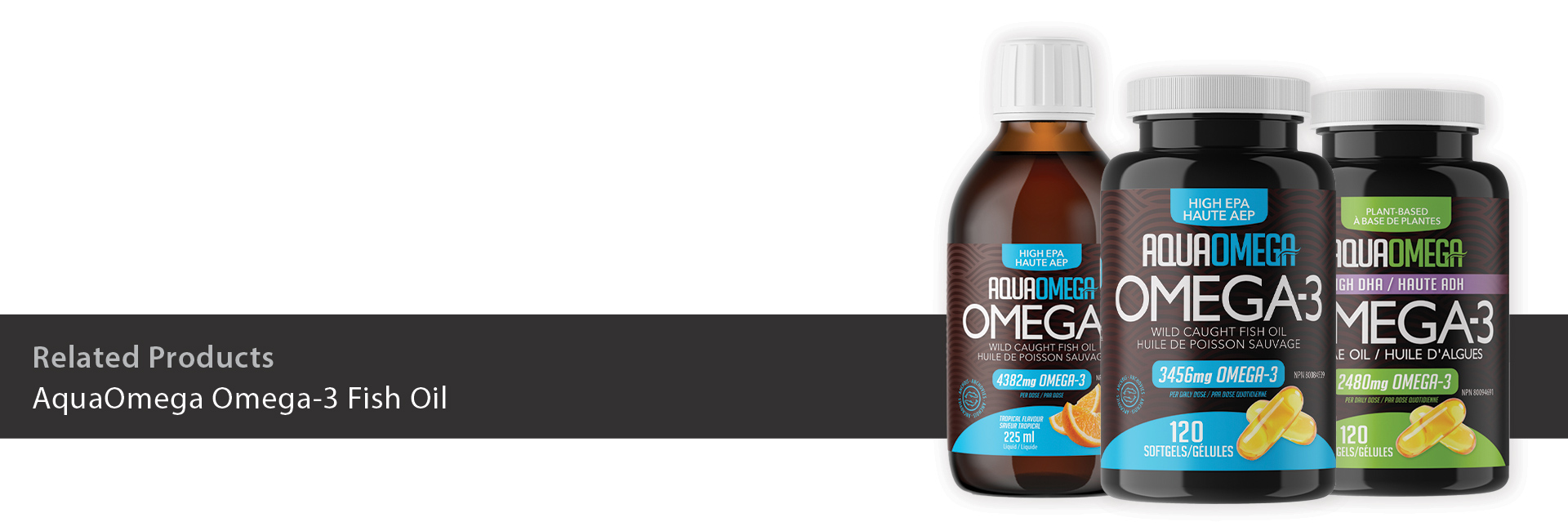

Maximizing Cognitive Health with DHA
In the pursuit of maintaining a sharp and agile mind throughout life, the importance of nutrition cannot be overemphasized. Among the many nutrients that play a crucial role in cognitive health, one stands out prominently: docosahexaenoic acid, or DHA. DHA is a type of omega-3 fatty acid found primarily in fatty fish, seafood, and certain algae. Research over the years has revealed a plethora of benefits that DHA offers for cognitive health, making it a vital nutrient for individuals of all ages.
Enhancing Brain Development: DHA is often praised for its role in brain development, particularly during pregnancy and infancy. It’s a key component of the brain’s cell membranes, aiding in the formation of neural synapses and supporting the growth of dendrites and axons, which are essential for transmitting signals between brain cells. Adequate DHA intake during pregnancy and early childhood has been linked to improved cognitive and visual development, making it essential for expecting mothers and young children.
Protecting Against Cognitive Decline: As we age, the risk of cognitive decline and neurodegenerative diseases such as Alzheimer’s and dementia increases. DHA may serve as a shield against these conditions. Studies suggest that individuals with higher DHA levels in their blood have a reduced risk of cognitive decline and Alzheimer’s disease. DHA’s anti-inflammatory properties and ability to promote healthy blood flow in the brain play a significant role in preserving cognitive function as we age.
Boosting Memory and Learning: Memory and learning are fundamental aspects of cognitive function, and DHA has been shown to have a positive impact on both. DHA is thought to enhance synaptic plasticity, the brain’s ability to adapt and strengthen connections between neurons. This, in turn, can lead to improved memory retention and faster learning. Research has found that individuals with higher DHA levels tend to perform better on memory and cognitive function tests.
Elevating Mood and Reducing Depression: Cognitive health isn’t limited to memory and learning; it also encompasses emotional well-being. DHA has been associated with improved mood and a reduced risk of depression. It plays a role in regulating neurotransmitters, such as serotonin and dopamine, which are crucial for maintaining a positive mood. People with higher DHA intake are less likely to experience symptoms of depression, making it a potential natural remedy for those struggling with mood disorders.
Protecting Against Cognitive Disorders in Infants: DHA isn’t just beneficial for adults; it’s crucial for infants’ cognitive development as well. Breast milk is a natural source of DHA, making supplementation a great option to ensure optimal levels. DHA-rich breast milk or supplementation can contribute significantly to a baby’s brain development, helping them reach their cognitive milestones.
Supporting Healthy Aging: Cognitive health is a lifelong journey, and the benefits of DHA extend into old age. Older adults who consume adequate DHA are better equipped to maintain their cognitive faculties, including memory, problem-solving abilities, and overall mental agility. By reducing inflammation and supporting brain cell communication, DHA can be a vital tool in the fight against age-related cognitive decline.
How to Incorporate More DHA into Your Diet:
- Eat Fatty Fish: Fatty fish such as salmon, mackerel, sardines, and trout are excellent sources of DHA. Aim to include these fish in your diet at least twice a week.
- Take Supplements: DHA supplements derived from fish oil or algae-based sources are an ideal way to ensure that you are getting enough DHA daily. Consult with a healthcare professional before adding supplements to your routine.
- Choose Fortified Foods: Some food products, like certain cereals and milk, are fortified with DHA. These can be a convenient way to increase your DHA intake; however, be mindful that the quantities of DHA are far too little to truly optimize your cognitive health.
In conclusion, DHA is a remarkable nutrient with a multitude of benefits for cognitive health. From brain development in infancy to protecting against age-related cognitive decline, DHA plays a vital role in maintaining a sharp mind and a positive mood throughout life. By making DHA a priority in your nutritional choices, you can invest in a brighter, more vibrant cognitive future.

